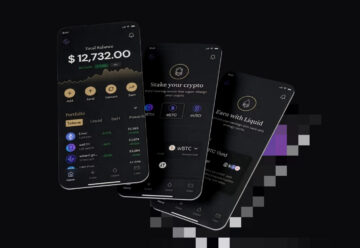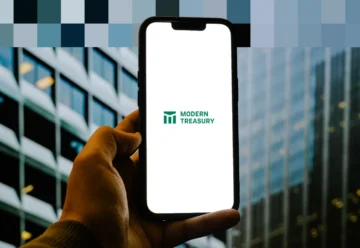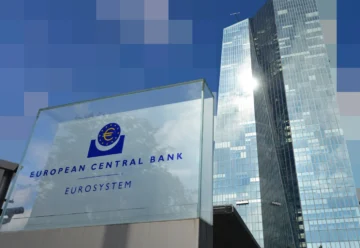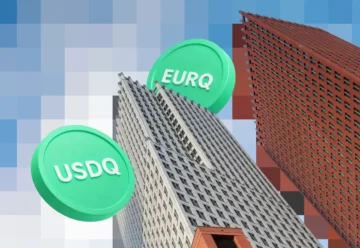Polygon Works On ZKP Solution for Blockchain Network Aggregation

Polygon Labs developers are getting ready to launch an AggLayer solution next month that will create aggregated blockchain networks by combining separate protocols of different layers with no need for bridges.
Developers at Polygon Labs revealed the imminent release of AggLayer, a zero-knowledge proof (ZKP) solution that will allow different blockchain networks to be aggregated into a single structure.
With AggLayer, developers will be able to create aggregated blockchain networks, interacting with which will be as simple as using the Internet for end users. Polygon developers called aggregated blockchains an evolutionary step because the aggregation process is able to combine:
- the sovereignty and scale of a modular architecture;
- the unified liquidity and UX of monolithic systems.
ZKP is a centerpiece of AggLayer, enabling the creation of cohesive aggregated environments that will appear as a single blockchain. Yet, ZKP will let each blockchain in such an ecosystem remain sovereign.
Among the pros of aggregated blockchain networks, Polygon Labs reps highlighted the following:
- virtually instant atomic transactions (in less than a second);
- creation of a single liquidity pool within the ecosystem, which can be accessed by all L2 solutions connected to AggLayer;
- improved capital efficiency due to the ability to perform seamless cross-network transactions;
- significantly enhanced user experience as the network becomes a single environment that doesn’t require bridges.
AggLayer V1 is coming in February of this year. The initial version of the software will contain a core set of tools for unifying bridges and a common proof aggregator for participating chains. AggLayer V2 will be released later and will support asynchronous cross-chain transactions. Currently, the Polygon Labs team is focused on the beta testing of the solution.
Scalability remains one of the most pressing issues of modern blockchain networks. In 2023, the Polygon Labs team achieved notable success in this matter by creating the Chain Development Kit (CDK) and Polygon ID and announcing Polygon 2.0.











